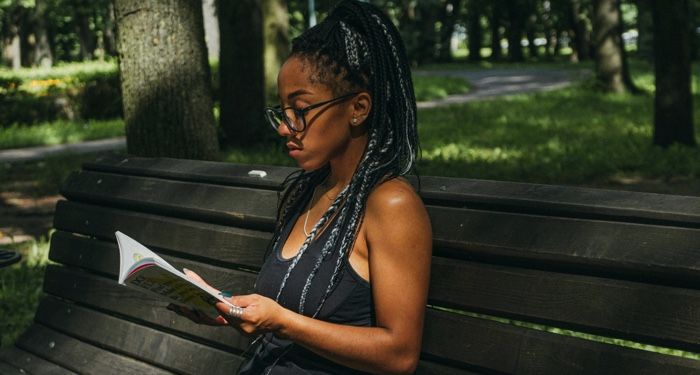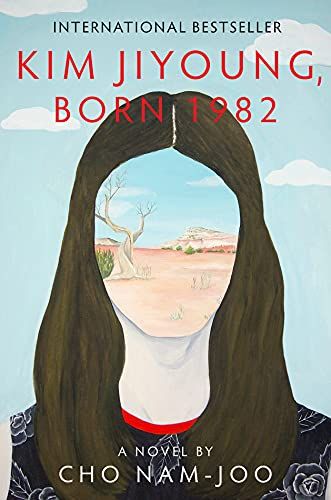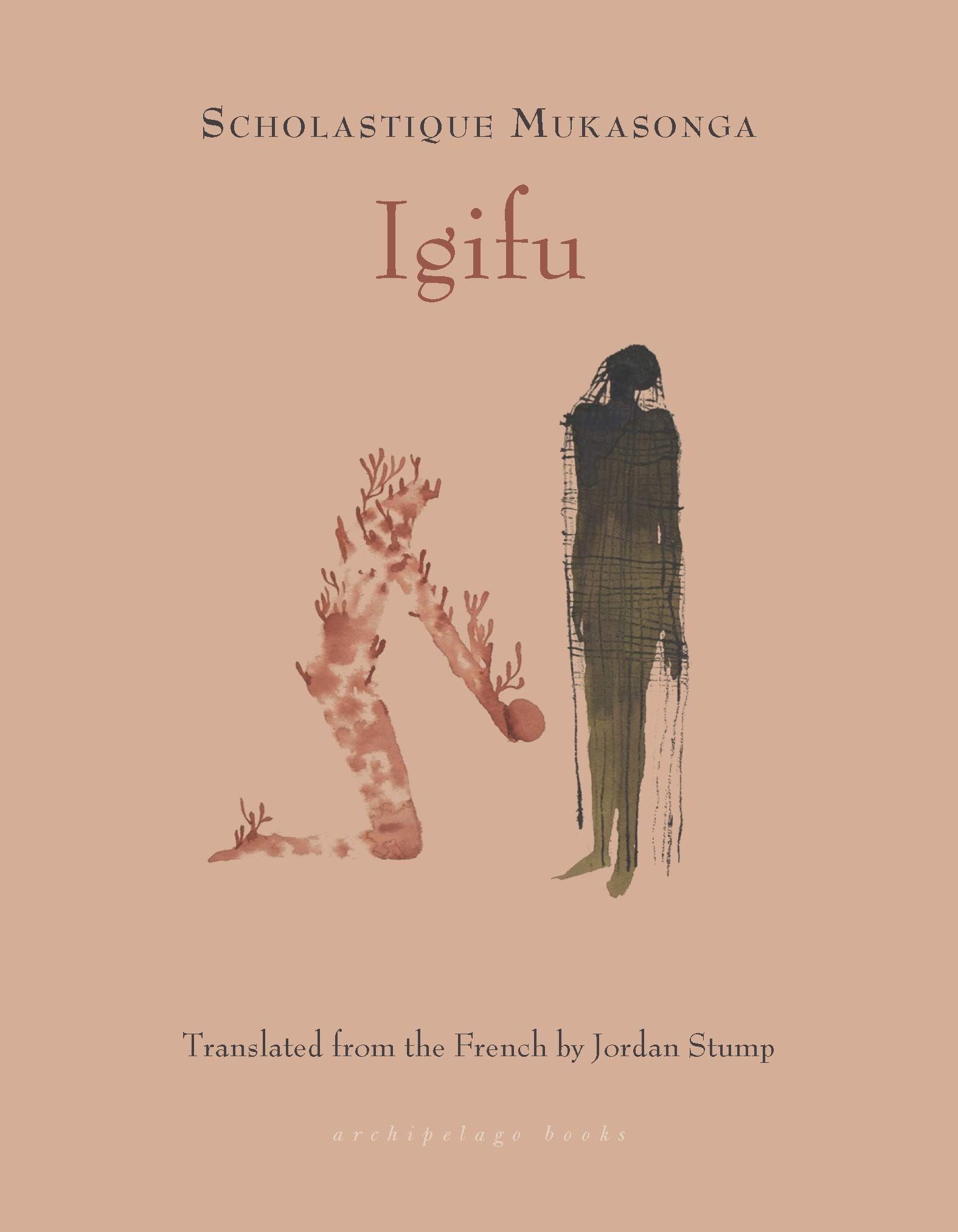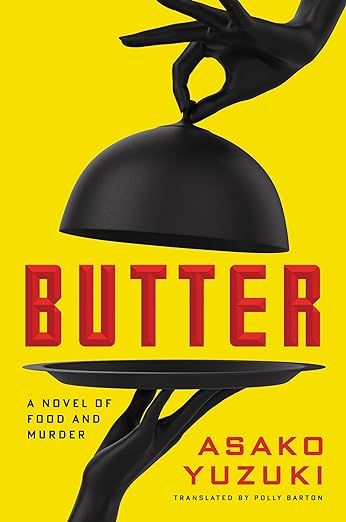
The Book That Helped Start South Korea’s 4B Movement and Other Translated Books by BIPOC Women
August is Women in Translation Month, a time to highlight and celebrate translated works by women. It was started in 2014 by Meytal Radzinski to combat the dismal rates of books being translated into English that were written by women. First of all, only 3% of the books published in the US are translated, and of that 3%, only 31% are by women. Living in such a globalized age, it’s hard to fathom how few opportunities Americans have to read novels written from the perspectives of people who not only live in different countries but think in different languages. Add to that how we’re missing out on BIPOC women’s voices from all over the world, and it seems all the more unacceptable.
So, below, I’ve gathered some books that give us a peek into the lives and perspectives of women writers from all over the world. There is a female Japanese serial killer, life during the Rwandan genocide, and even a book that helped start South Korea’s current feminist movement.

Kim Jiyoung, Born 1982 by Cho Nam-Joo, translated by Jamie Chang
This book is credited with helping start South Korea’s 4B movement, which is a feminist movement that involves women saying no to heterosexual dating, sex, marriage, and childbirth (in Korean, all these words start with a B sound, hence “4B”). The movement fights back against the heavy pressures—that garner little rewards—South Korean society places on its female population, and has gained a lot of support.
Reading Kim Jiyoung, Born 1982, we see how Korean women arrived at the 4B movement. It follows Kim Jiyoung, a 30-something-year-old Korean woman who lives on the edge of Seoul. Once Kim leaves her job to care for her newborn, something strange happens. She starts impersonating the voices of other women—some alive, some dead—and her husband has her go to a male psychiatrist. Turns out, this psychiatrist is the most recent in a long string of men who have been dictating and guiding Kim’s life. From the time she’s born, she lives a life that so many girls-turned-women live in South Korea: she’s given the most common name for girls in the country, is less wanted compared to her younger brother, policed by male teachers as a girl, blamed for the sexual misconduct men have committed against her, and now has had to quit her job to dedicate herself to her child (something her husband has not had to do). What’s more, she’s having all these experiences while Korea is seemingly passing laws and policies against gender discrimination. It’s easy to see how this book galvanized a movement.

Igifu by Scholastique Mukasonga, translated by Jordan Stump
This takes place during the Rwandan genocide and is partially fictional, partially autobiographical. Hunger has such a constant presence in characters’ lives that it’s personified as Igifu, “a cruel guardian angel.” A child searches for nourishment at the bud of a flower, a woman recounts her life before the war and after, and a young man remembers his father and the wealth that cattle promised in another time.

Fury by Clyo Mendoza, translated by Christina MacSweeney
Here, award-winning Mexican poet Mendoza shows the toll war-torn desert towns take on a few men. Soldiers Lázaro and Juan are enemies in war, but upon fleeing, become lovers who become aware of a dark reality. Then there’s Vicente, a salesman, whose life—full of women who have both loved and hated him—has culminated in him being tied up. Finally, there’s morgue worker Salvator, who mistakes a cactus for his love once he’s lost in the desert.

Butter by Asako Yuzuki, translated by Polly Barton
I feel like this cult Japanese bestseller is bound to be popular now that it’s been translated and is available stateside. In it, gourmet cook Manako Kajii is in a Tokyo detention center, having been convicted of killing several lonely businessmen, whom she is said to have tempted with her cooking. She’s refused to speak to the press, except for journalist Rika Machida, who writes to her asking about a beef stew recipe. Now, Machida is more of a ramen-every-night kinda gal, but thinks the visits that she starts having with Kaiji will get the woman to open up. She finds she’s the one who starts to be changed, instead.

Minor Detail by Adania Shibli, translated by Elisabeth Jaquette
This award-winning novel takes place in the summer of 1949, a year after 700,000 Palestinians were displaced. A young Palestinian woman is captured by Israeli soldiers, assaulted, and buried in the sand. Years later, a woman becomes transfixed on this piece of history—this “minor detail” that has been forgotten by everyone else.
*All-Access Members Can Continue Below for New BIPOC Releases Out This Week*
The comments section is moderated according to our community guidelines. Please check them out so we can maintain a safe and supportive community of readers!
The comments section is moderated according to our community guidelines. Please check them out so we can maintain a safe and supportive community of readers!












Leave a comment
Join All Access to add comments.